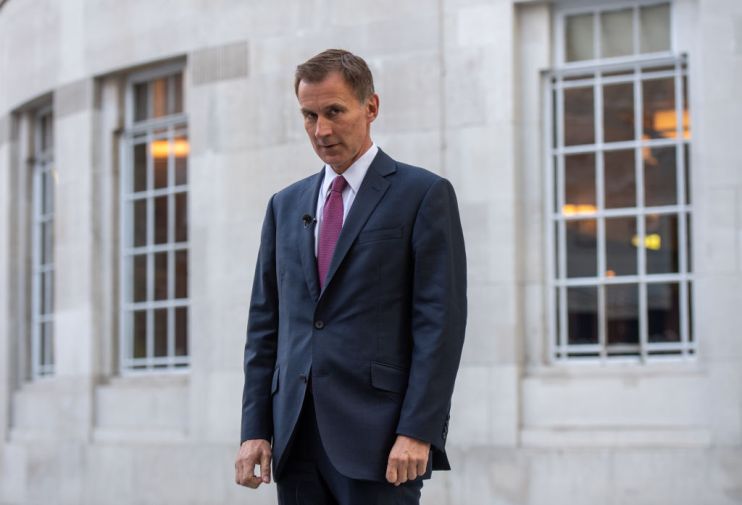Truss and Hunt to oversee protracted recession, EY Item Club forecasts

The UK is on course for a long recession that will last from this winter through to next summer, underscoring the tough challenge facing prime minister Liz Truss and her new chancellor Jeremy Hunt.
Rising inflation compounded by higher interest rates will force the economy into reverse in the current quarter until the summer of 2023, according to the EY Item Club.
Consumers and businesses are being squeezed by higher prices, forcing them to cut activity. As a result, the economy is expected to shrink 0.3 per cent next year.
Brits are facing the biggest hit to their living standards since the 1970s, the EY Item Club said. Pay is set to trail price rises until 2024.
Hywel Ball, chair of EY UK, said: “There’s no doubt the UK economy faces a difficult period ahead, with global headwinds adding to domestic pressures.”
Financial market turmoil sparked by Truss and her former chancellor, Kwasi Kwarteng, launching £45bn of unfunded tax cuts and ramping up government borrowing.
Truss dumped Kwarteng last Friday, jettisoned Hunt into Number 11 and reversed plans to scrap the six percentage point corporation tax rise.
However, the move failed to tame markets. UK gilt yields, which rise inversely to prices, fired higher and the pound fell.
Chaos in the UK markets as a result of Truss’s failed economic strategy to boost growth is likely to prolong and deepen the recession.
Average mortgage costs have topped six per cent and inflation is set to bump higher as a result of the weak pound, heaping yet more pressure on households.
But, the government’s two-year £2,500 typical energy bill freeze, possibly costing more than £100bn, will push inflation lower and support consumer spending by shielding people’s incomes.
Despite the cap, inflation is on course to peak at 11 per cent, the EY Item Club said. The organisation carried out the forecasts before Truss’s U-turns last week.
The Bank of England will be forced to hike interest rates to four per cent next spring to deal with the inflation crunch, the EY Item Club thinks. Markets reckon borrowing will peak at 5.5 per cent.
Governor Andrew Bailey last week said a steeper rate rise to deal with the government’s fiscal mishaps is likely necessary at the Bank’s next meeting on 3 November.
Higher borrowing costs could trigger a 10 per cent fall in house prices, Martin Beck, chief economic adviser to the EY Item Club, predicted.